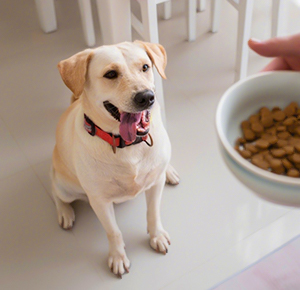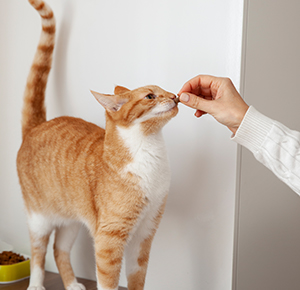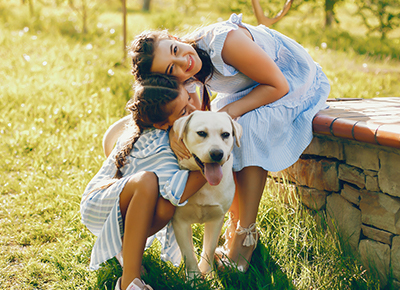Pet Care Guide
A place to find all the knowledge about pet feeding: Everything you need to know for better pet feeding, Learn how to feed your pet the right way, Find helpful tips for your pet'’s happy, healthy life.



SPECIAL DIET
Hydration Support Bone & Muscle Multivitamin Support Dental Health Joint & Urinary Health Digestive Health Skin & Coat For Sterilized Pets
What's Best for Your Pet?
Answer a few questions to find the right food for your pet.
Get Food Suggestions
SPECIAL DIET
Hydration Support Bone & Muscle Multivitamin Support Dental Health Joint & Urinary Health Digestive Health Skin & Coat For Sterilized Pets
What's Best for Your Pet?
Answer a few questions to find the right food for your pet.
Get Food Suggestions

Pet Care Guide
A place to find all the knowledge about pet feeding: Everything you need to know for better pet feeding, Learn how to feed your pet the right way, Find helpful tips for your pet'’s happy, healthy life.

About Wanpy
At Wanpy, we create every product with the utmost care and highest standards because we understand what truly matters for your pet’s well-being.
We’re here to help you provide the nutrition your pet needs for a healthy and happy life.




Bringing home a new puppy is a whirlwind of cuddles, chaos, and everything in between. One minute they’re napping like a little angel, and the next they’re zooming through the house with your slipper in their mouth.
If you’re feeling overjoyed but also a little overwhelmed, you’re not alone. The first month is a big learning curve for both of you.
You’re figuring out their personality, building new routines, and adjusting to a whole new rhythm of life (often with less sleep than you’d like). It’s a big adjustment, but with patience and care, things start to fall into place.
Here’s what to expect in the first weeks and what can help make the transition smoother:
Puppies grow fast and need the right fuel to support all that energy. They do best with multiple small meals throughout the day, using food specifically formulated for their age and size.
Avoid switching food brands too often, especially in the early days. Their tummies are still adjusting, and consistency helps prevent digestive upset. When it comes to treats, go for soft, easy-to-digest ones. Keep treats limited to training or rewards, and try to keep them under 10% of their daily intake.
Puppies thrive on structure. A predictable routine gives them a sense of security in this new world. Set consistent times for meals, bathroom breaks, naps, and play. They’ll learn faster when they know what to expect.
Start with simple commands like “sit,” “come,” or even just responding to their name, using gentle encouragement and lots of praise. Positive reinforcement works wonders. Think rewards, not punishments.
Everything is new to your puppy: the sounds, the smells, the people. Creating a safe, calm environment helps them feel more at home.
Take time to puppy-proof your space. Hide electrical cords, remove toxic plants, and keep small objects off the floor. Accidents happen quickly at this age. Give your puppy a soft, quiet spot where they can rest and retreat when things get too overwhelming.
The early weeks are a key window for socialization. Slowly introduce your puppy to different sounds, people, places, and gentle dogs. These early experiences shape their confidence later on.
But don’t rush it. Go at your puppy’s pace. Let them explore, sniff, and observe without pressure. Your role is to be their calm, steady presence in a world that feels big and unpredictable.
The first month is all about laying the foundation for a happy, healthy life together. It’s messy, rewarding, and sometimes exhausting, but it’s also one of the most special times you’ll share.
Take things one day at a time. Celebrate the little wins. And remember: your puppy doesn’t need you to be perfect. They just need you to be patient, present, and loving.
Subscribe to us and get the latest nursing knowledge